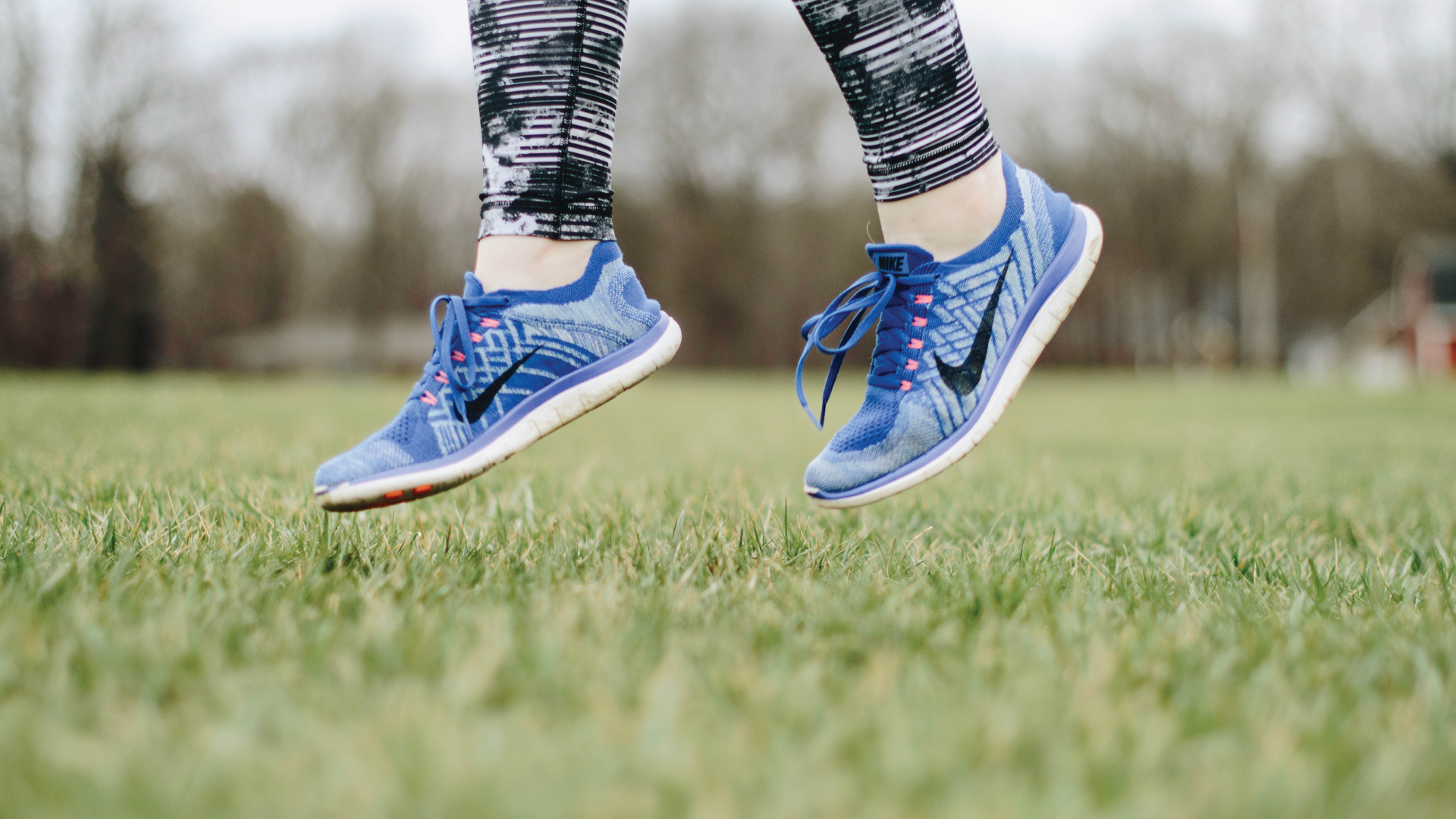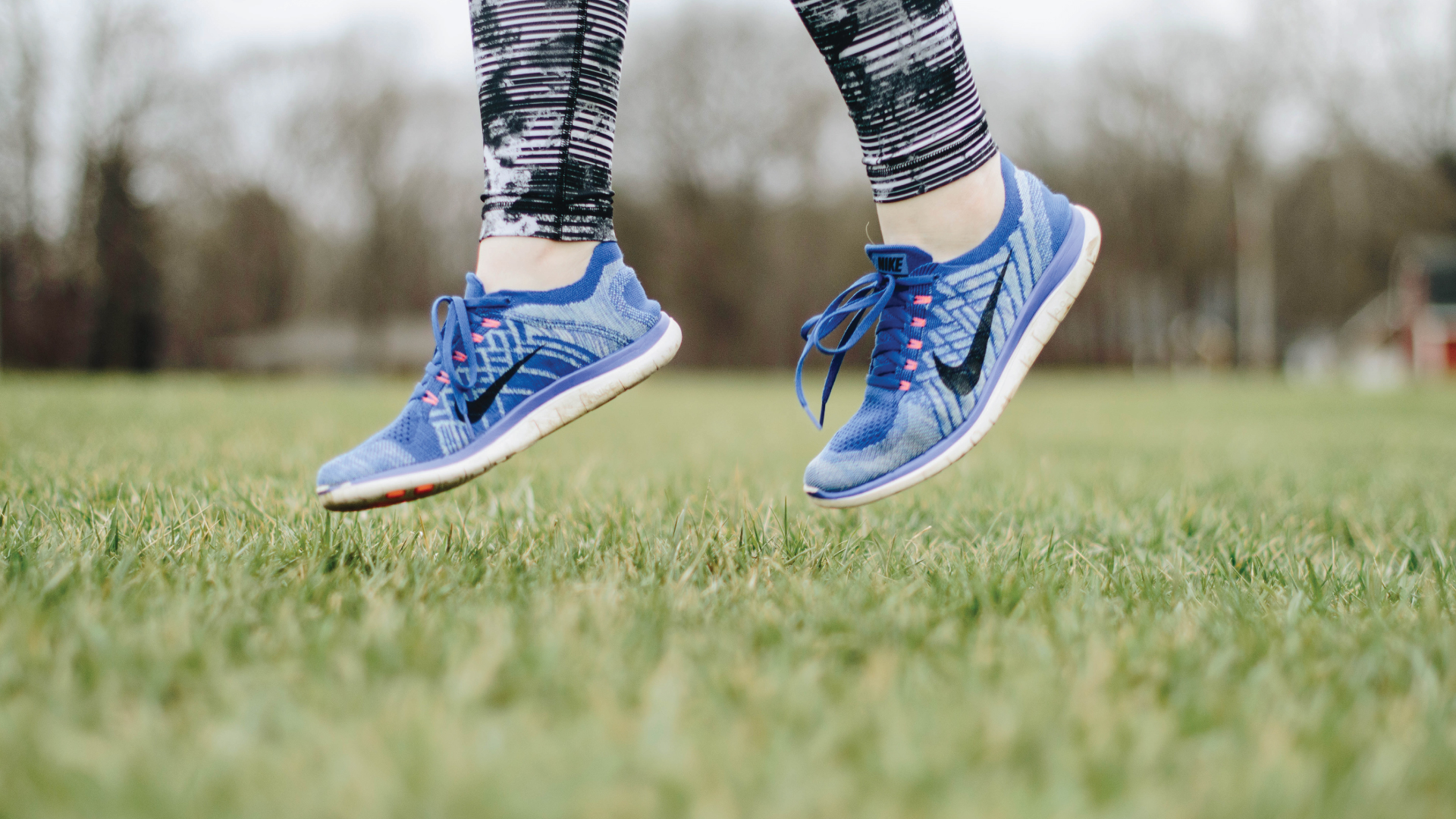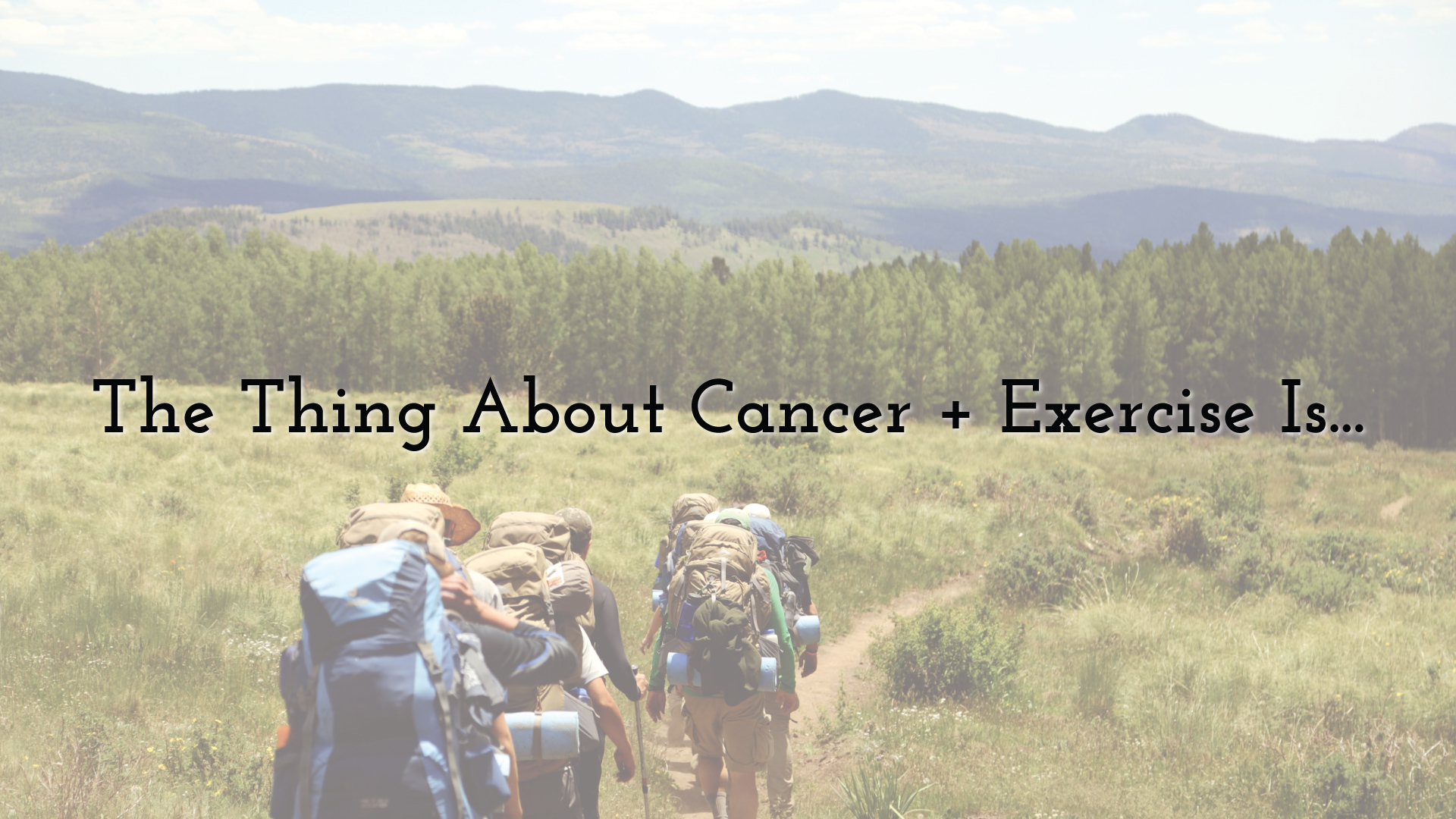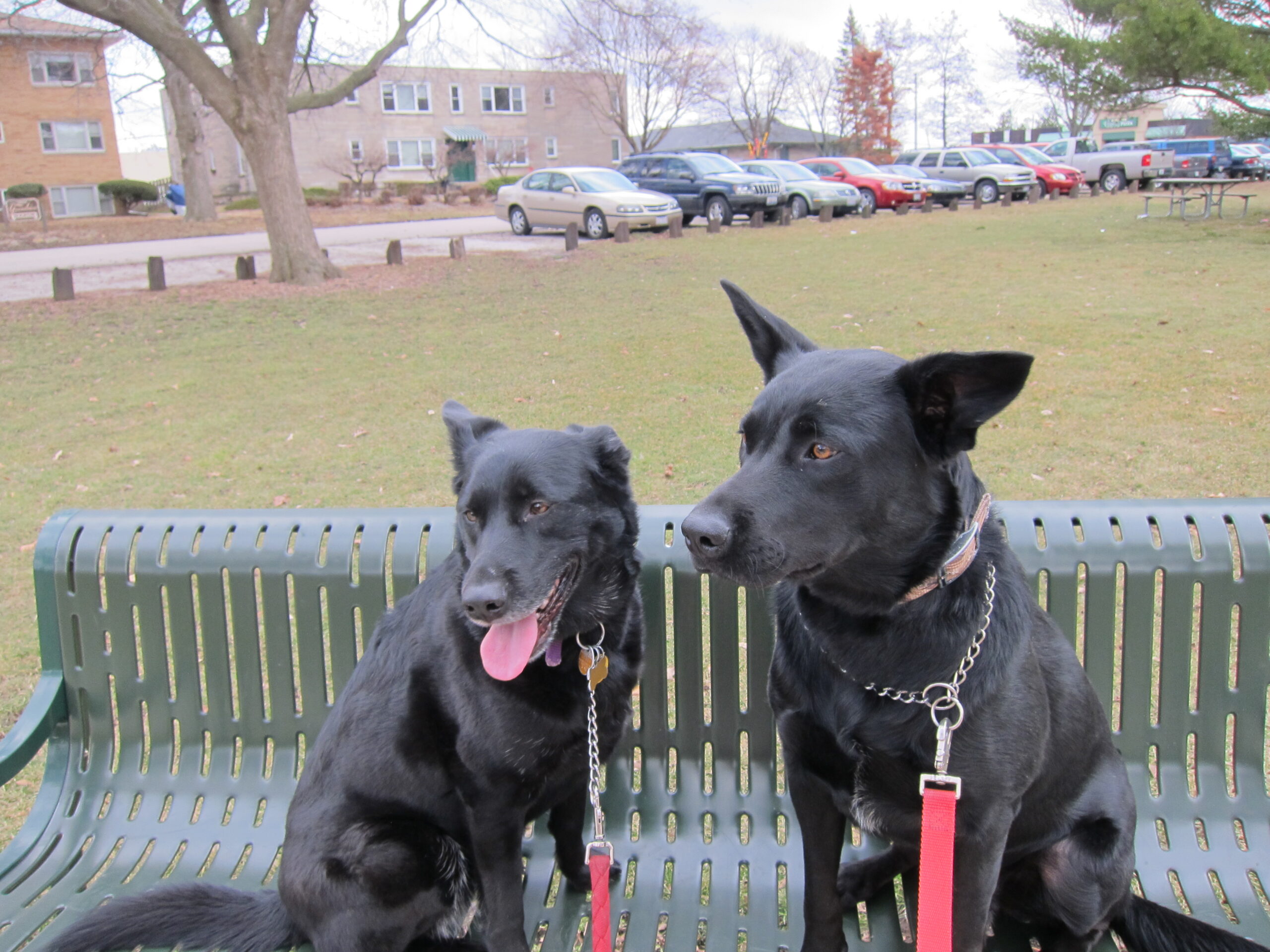This post is one of our most read so we thought we’d share it again with you today!
Life lessons show up in the most unlikely places. These are the 10 life lessons I have learned from running…
1. drink water
Being hydrated just makes your whole day that much better and more manageable, running or no running. Seriously! I carry around a liter nalgene water bottle with me at all times. My goal is to drink at least two of the full bottles each day.
2. if you eat a doughnut for breakfast, eat something healthy for lunch
Ever try and do something active after only consuming carbs, fat, and sugar for breakfast? Yea, it doesn’t go well. Still, I didn’t used to eat doughnuts until after I was diagnosed with cancer and now they are one of my favorite Saturday morning treats. And since everything is better in moderation, I balance out a morning of sugary wonder with a healthy and balanced lunch. Know what is an easy and healthy balance to a morning of sweets? Green smoothies!
3. some days are good and some days aren’t
Some days you’re going to wake up on the wrong side of the bed for no reason, and some days life will be smooth sailing. This is how it goes in running and in life. Be kind to yourself on the off days…tomorrow will be much better.
4. some things in life hurt and some things in life don’t
Running is tough, no doubt about it. No ifs, ands, or buts. Living through cancer treatments and into survivorship is hard too. Sometimes life will be easy and sometimes it won’t be. You can do it though…and we can help whenever you need it.
5. if it is raining, wear rain gear. If it is sunny, wear sunscreen
Preparing for what lies ahead is always a good plan. In running this means planning for the weather and condition where you’ll be hitting the pavement or the trail…in life, this means figuring out what you need and trying to plan ahead to take care of yourself. Ask for help, remember sunscreen, and be nice to yourself.
…
Read the rest of the 10 lessons here!






